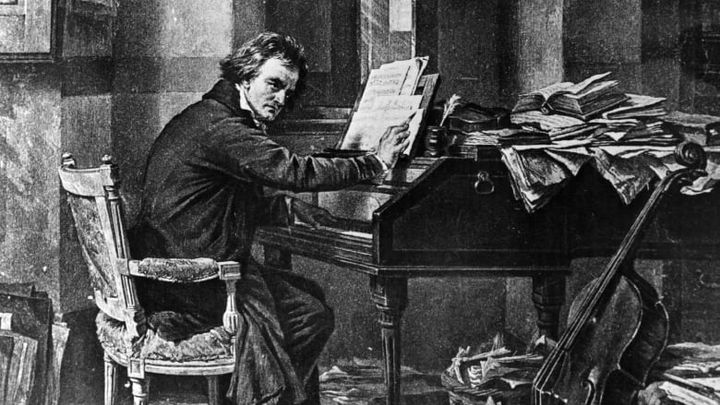Your Heartbeat Affects Your Perception of Time, Says New Study
A recent study shows that your heartbeat can impact your perception of time, revealing a fascinating link between bodily processes and psychology.

Our perception of time is a curious thing. We've all experienced moments when time seems to fly by, like when we're having fun or deeply engrossed in a task, and other times when it seems to crawl, like when we're bored or anxious. Now, researchers have discovered yet another factor that influences our perception of time – our heartbeat.
In a groundbreaking study, scientists found that momentary fluctuations in our heart's activity can distort our experience of time, and that the effect is influenced by our emotional arousal. The findings suggest that our internal body clock, which ticks away in sync with our heartbeat, is not as fixed as we previously thought.
How Heartbeat Impacts Time Perception
The study involved two experiments, in which participants were asked to judge the duration of stimuli of emotionally neutral visual shapes or auditory tones, as well as images of happy or fearful facial expressions. In both experiments, the presentation of the stimuli was time-locked to either the systolic (heart contracts) or diastolic (heart relaxes) phase of the participants' cardiac cycle.

The vertical line in the cumulative Gaussian functions above represents the point of subjective equality (PSE). PSE is a terminology used in the study to indicate the point at which participants would be equally likely to respond "short" or "long" to the stimuli presented. Thus, shifts in PSE would represent the relative under- or overestimation of stimulus durations.
As seen in the graphs, experiment 1 shows that across modality (auditory and visual) stimuli, participants were more likely to underestimate the duration a stimuli was presented during systolic heart beats. Specifically, this aspect was more evident in visual stimuli rather than auditory stimuli.
Similarly, experiment 2 showed that underestimation of the stimuli duration occurred during systolic heartbeats, with "happy" stimuli attaining more underestimations.
From this, the researches concluded that in the first experiment with emotionally neutral stimuli, the systole led to temporal contraction (time seeming shorter), while diastole led to temporal expansion (time seeming longer). In other words, when our hearts contract, time appears to pass more quickly, and when they relax, time appears to slow down.
Likewise, the second experiment which took into account the participants' arousal levels led the researchers to conclude that at low levels of arousal, the cardiac-led time distortions observed in the first experiment were still present. However, as arousal increased, these cardiac-led time distortions disappeared, and the perception of time shifted toward contraction – that is, time seemed to pass more quickly.
What Does This Mean for Our Understanding of Time?
The results of the study show that our perception of time is not only influenced by external factors, like the events happening around us, but also by internal factors, like our heartbeat and emotional state. This suggests that our experience of time is much more fluid and flexible than we might have thought – it contracts and expands within each heartbeat, and can be disrupted when our emotions become heightened.
Moreover, the study highlights the complex interplay between our body's physiological processes and our cognitive functions. It shows that the heart's activity is not just a simple, mechanical pump, but also plays a role in shaping our perception of the world around us. This finding could have significant implications for our understanding of various mental health conditions such as depression, anxiety, and ADHD.
Potential Applications and Future Research
There are numerous potential applications for these findings in both the medical and psychological fields. For instance, understanding the connection between heartbeat and time perception could be used to develop novel techniques for enhancing focus and productivity in the workplace or in educational settings by manipulating time perception. This new understanding of the interplay between our physiology and cognition could also pave the way for innovative treatments and therapies.
The study also raises several questions for future research. Do other physiological processes, such as respiration, have similar effects on time perception? How might the connection between heartbeat and time perception change as we age or in response to various health conditions? And what are the neural mechanisms underlying this fascinating phenomenon? The answers to these questions will help us solve some of the greatest mysteries that exist within the field of neurology.
So, the next time you feel like time is passing by too quickly or too slowly, remember that it could be your heartbeat playing tricks on your perception of time.
Citations
- Arslanova, I., Kotsaris, V., & Tsakiris, M. (2023). Perceived time expands and contracts within each heartbeat. Current Biology. https://doi.org/10.1016/j.cub.2023.02.034


